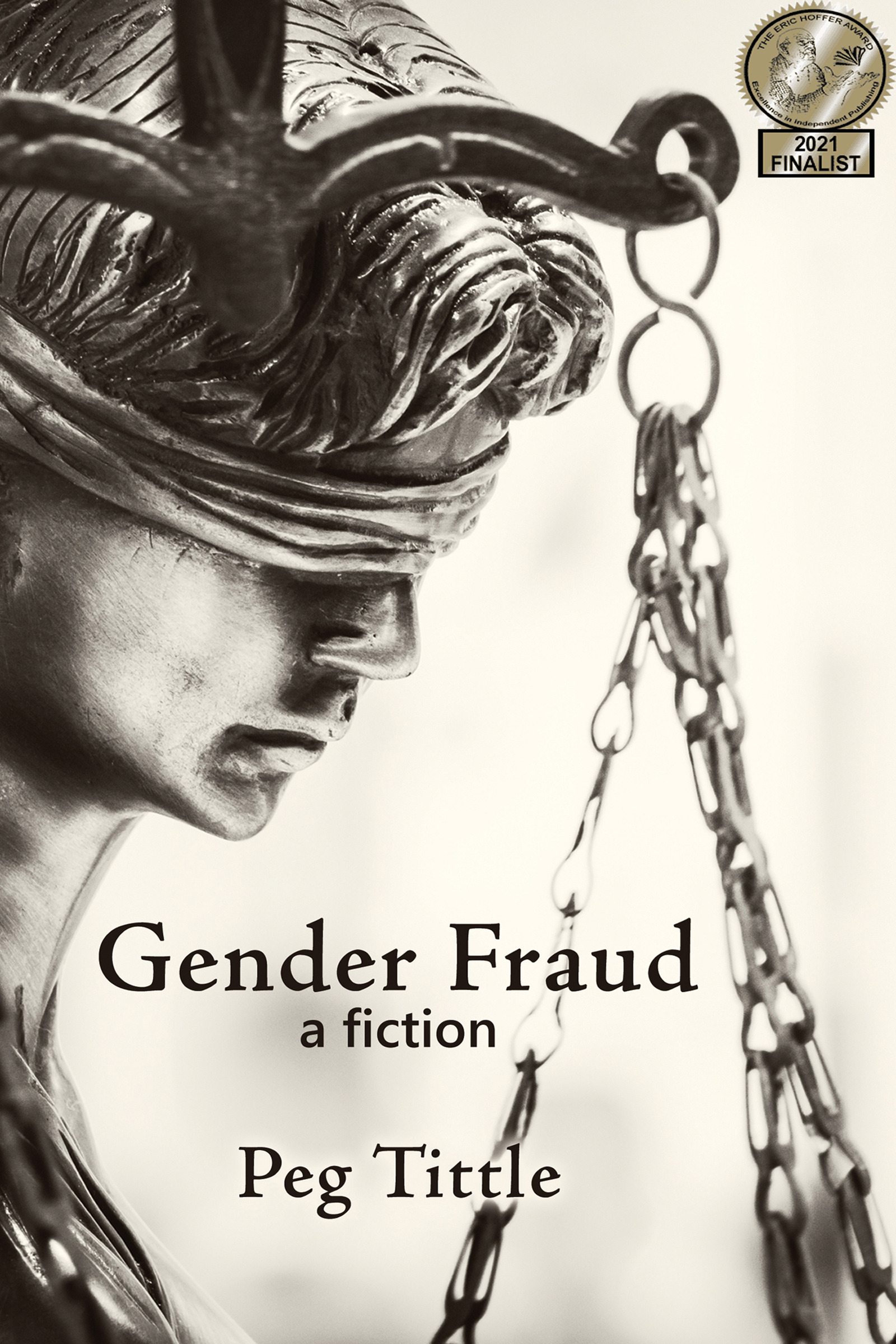The word “humor” is associated with that which is comical or funny, these terms being associated with amusement or laughter. We could assert that what one finds humorous is a product of subjectivity, upbringing, class status, habituation, etc. However, what needs to be asserted is that the realm of humor–as with every other domain of the sentient, living world–has been infected with the logic of patriarchy. It is for this reason that, when the issue of humor is discussed, many people find themselves adhering to the sexist adage “No one likes a funny girl.”
Where does this expression come from? It comes from the social conditioning, from gender roles that imply that women should laugh at men’s jokes; they should not be the ones making the jokes. After all, doing so would constitute a display of subjectivity, inventiveness, and wit, attributes oftentimes deemed undesirable or at least unnecessary in female people. Within the heteronormative framework through which women are forced to see the world, female people are continually taught to appreciate a man who makes them laugh because humor constitutes an attribute they are supposed to deem desirable: intelligence. Conversely, men are taught to desire a woman who will laugh at his jokes, a woman who will give him such supportive, subordinated attention. If we recognize that humor has historically been a masculine characteristic associated with the convergence of intellect and dominance, we can see how and why the expression “No one likes a funny girl” gained traction within mainstream/malestream spaces in which women are expected to conform to aspects of femininity, which include operating in supportive, modest ways that are antithetical to the displays of singularity and subjectivity associated with telling jokes (whether on stage or in the midst of any given audience). Within this framework, the phrase “No one likes a funny girl” actually means “No one likes a female person who deviates from prototypical, patriarchal scripts which reinforce male domination and female submission as appropriate, ideal, and/or unavoidable modes of being in the world.”
As a radical feminist, it is important for me to assert that I like funny women and understand why many people don’t. One reason many sexist people don’t like funny women is that when female comics speak, they are oftentimes doing so from a feminist perspective which involves calling sexist men out and questioning patriarchal ideologies (such as the idea that rape jokes are funny). This type of truth-telling infused humor isn’t going to be funny to people who operate within mainstream/malestream cultures, especially since part of participating in a patriarchal discursive formation includes telling and laughing at sexist jokes that minimize female experiences and deny that women are fully human.
Relevantly, the “type” of woman who chooses to become a comic (meaning that she is thinking and writing and willing to share her thoughts with a scrutinizing public) is going to be off-putting to sexist men and women who would prefer that women just conform to the patriarchal edicts of smiling docilely, shutting up (how often is a girl told to ‘Be quiet’?), and not thinking too much. Although there is actually no “type” for a comic, women who choose this occupation are oftentimes the “type” that sexist people don’t like, which is a woman who is 1. thinking and 2. thinking dissidently.
To expound on the low level of patriarchal receptivity to the female assertiveness that comes to life when women tell jokes, it is important to note what antipathy towards funny female people says about the maintenance of male supremacist values. Specifically, male supremacist values maintain that it is still inappropriate for women to express themselves publicly when the expression is not one of objectification or the purporting of patriarchal paradigms such as a wedding in which the bride is displayed as an object to be given from one man to another. Women going public to express thoughts or convey dissidence (rather than to present their bodies as objects that exist for the visual pleasure of women) will be reprimanded through the punitive process of not enjoying the sense of belongingness that results from being liked. (Yet why should thinking women seek inclusion and belongingness within a sexist community or mourn their exclusion from its patriarchal parameters?)
Note that this issue of women not being liked for humor also extends to the realm of writing. Like women who think humorously, women who think through writing are oftentimes not liked due to their displayed ability to process reality independently and autonomously. This independent and autonomous thinking oftentimes surfaces in antagonism to patriarchal forms of logic which require women to exist within a framework in which they are ancillary and subsidiary to men. With these things in mind, it is important to draw attention to Joanna Russ’s important book How To Suppress Women’s Writing, which exposes why and how women’s writing is suppressed by the patriarchal powers.
Note also that understanding the patriarchal underpinnings of suggesting that women aren’t funny does not mean that every female comic is. Every female comic, to be clear, isn’t. But this does not mean that judgments regarding funniness are not oftentimes clouded by patriarchal programming pertaining to why some people—women—come to be thought of as the people who are not allowed to be funny.
In summation, I like funny women. What I don’t particularly like is the perpetuation of a patriarchal culture in which the wit and talent of female people is not appreciated. I also don’t like how, within a patriarchal culture, forms of “humor” that reflect perversion and woman-hating, such as rape jokes, are actually considered funny. All sorts of disturbing forms of logic exist to legitimate the notion that a joke about rape could be funny, and none of them ever make a modicum of sense. In her important essay “The New Misandry: Man-Hating in 1972,” Joanna Russ points out that “in the small town I live in there were several incidents of rape last year, and a common response to them was laughter.” Thus the problem is not only that people attempt to justify the egregiously inappropriate nature of rape jokes with arguments regarding the realm of humor having no creative bounds or that this form of humor works to help individuals process trauma; the problem is also that when rapes occur, people actually laugh.
So again, the problem is not that no one likes a funny woman. The problem is that the perpetuation and proliferation of the patriarchy shapes what people think is funny and who can be perceived as funny. In recognizing these realities, radical feminists and any other individual who has pledged their disloyalty to the patriarchy are free to think critically and complexly about what they actually find humor in. Personally, I prefer jokes that unapologetically poke fun at the patriarchy.
















